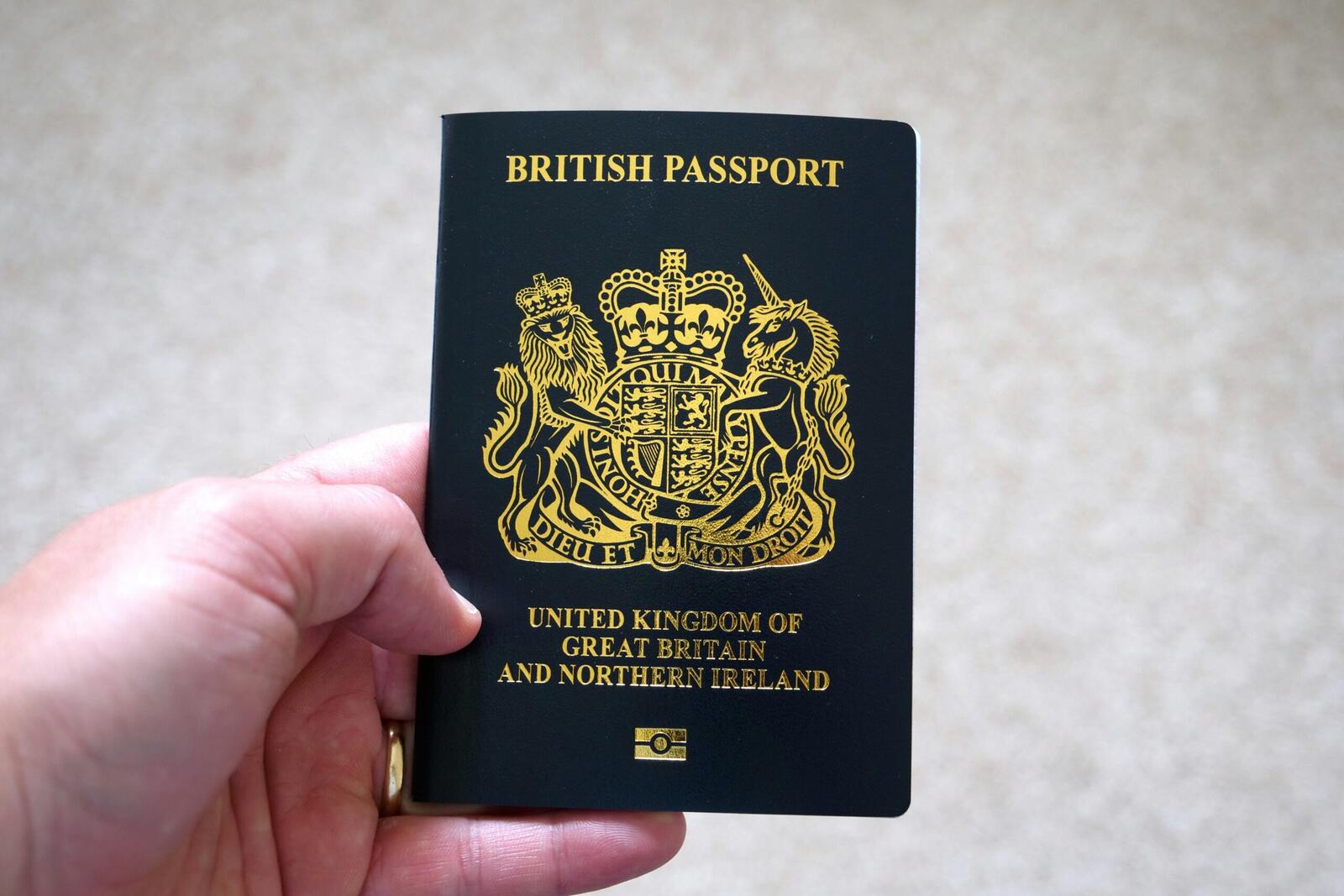An innovator passport is a digital approval tool that allows new medical technologies to be rolled out across the NHS more quickly. Developed through the MedTech Compass platform by the Department of Health and Social Care, this system allows a product that has already passed assessment in one NHS organisation to be accepted by others without having to go through repeated checks. This saves time for both NHS staff and medical technology developers.
The passport supports quicker access to new treatments and equipment for patients, and is intended to give a lift to Britain’s life sciences sector. According to the government, the new system will also make it easier for trusts to compare products and find suitable technologies all in one place.
Why Was The Innovator Passport Introduced?
Health technology companies have long found it difficult to work with the NHS. Getting their products approved often meant repeating the same paperwork and meeting different demands from every NHS trust. This discouraged many companies from even trying to work with the health service.
Wes Streeting, Secretary of State for Health and Social Care, said, “For too long, Britain’s leading scientific minds have been held back by needless admin that means suppliers are repeatedly asked for the same data in different formats by different trusts – this is bad for the NHS, patients and bad for business.
“These innovator passports will save time and reduce duplication, meaning our life sciences sector – a central part of our 10 Year Health Plan – can work hand in hand with the health service and make Britain a powerhouse for medical technology.”
The digital passport is made to make use of proven technologies faster. For example, antimicrobial covers for heart devices used at Barts Health NHS Trust helped cut infections and saved the trust over £103,000 a year. The passport could help more trusts across the country benefit from tools like these without delay.
More from News
- UK Non-Dom Laws Have Changed In 2025, But How Much?
- NASA And Google Test AI To Help Astronauts With Medical Care
- Is The Legal Battle Between Apple And The UK Over Encryption Really Over?
- Topshop Back In UK? These Are Some Brands That Disappeared And Came Back?
- Zoom Launches New AI Features, Including Agentic AI
- UK Appoints Former OpenAI Exec As Prime Minister’s AI Adviser
- Reports Find Commercial UK Data Centres Use Minimal Water
- 84% AI Web Tools Show Breaches And Encryption Gaps, Says BDI
How Does It Work?
Once a product passes assessment at one NHS site, it becomes easier for other sites to use it. NHS bodies will no longer be able to ask for the same tests again, which saves money and speeds up delivery of new tools to patients.
MedTech Compass, the platform supporting the passport, acts like a buyer’s guide for NHS organisations. It shows which technologies are already approved, compares products, and gives details about their performance. This makes it easier for decision makers to choose and adopt the right equipment or treatments.
The system is also expected to make it easier to use NHS resources more effectively. Instead of repeating approval steps in different places, those resources can go directly toward patient care.
Who Can Apply For One?
Companies wanting to join the Innovative Licensing and Access Pathway must first apply for an innovation passport. The application asks for basic information about the product, its developer, and finance contacts for payment.
The form must be filled in and submitted as a PDF, and cannot be saved halfway through. Once submitted, applicants receive a confirmation email and a payment link. Payment must be made within seven days to complete the process.
Although the application itself takes around 9 minutes to complete, developers must prepare their documents and ensure their products meet eligibility requirements. Up to 5 research references can also be submitted as part of the application, but this is optional.
Streeting added, “Frustrated patients will no longer have to face a postcode lottery for lifesaving products to be introduced in their area, and companies will be able to get their technology used across the NHS more easily, creating a health service fit for future under the Plan for Change.”



